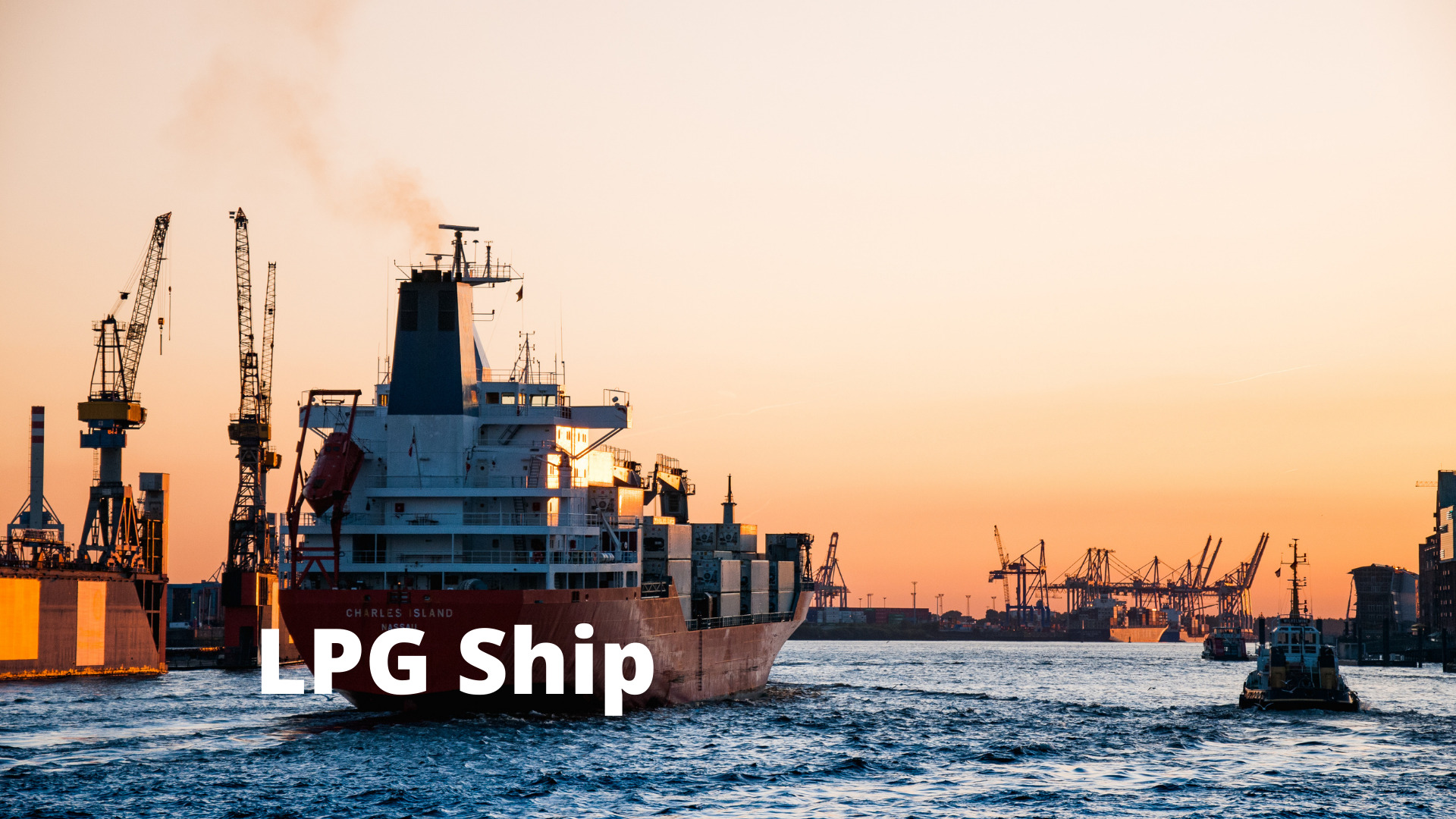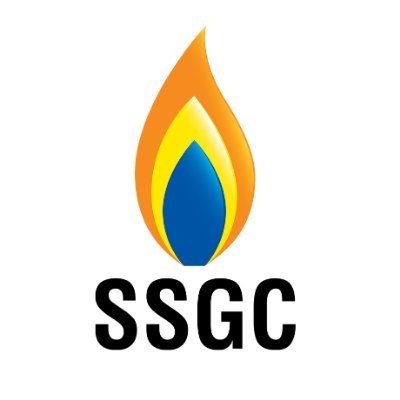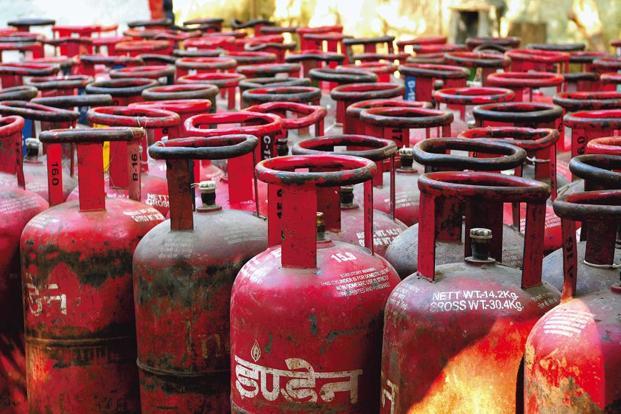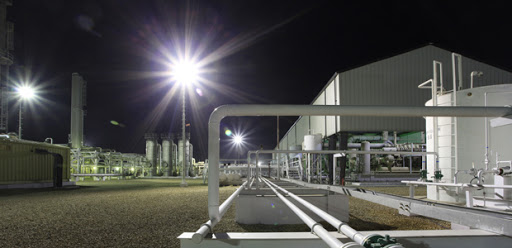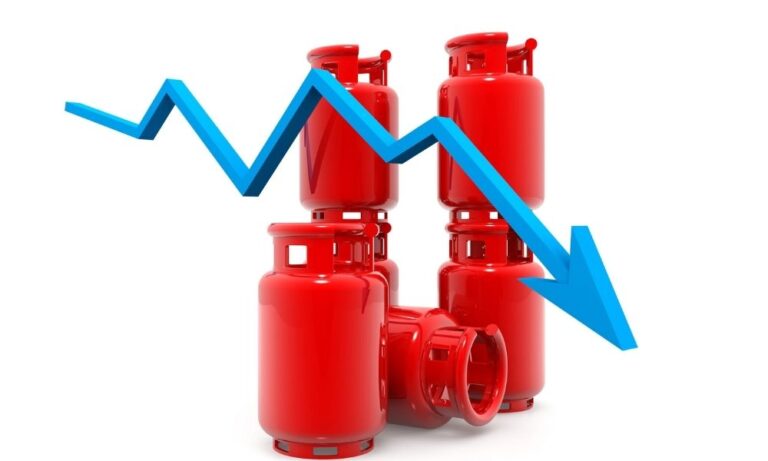CCoE to approve controversial LPG Policy
Aftab Ahmed
Islamabad: The cabinet committee on energy (CCoE) is likely to approve the new LPG Policy on Thursday that may result in another scam like oil that proposes to favour influential importers.
The proposed policy offers incentives to those key importers who import LPG through the sea route. However, it proposes duties and taxes on local LPG producers and imports through land route from Iran.
It also recommends imposing a regulatory duty on LPG imports through land route whereas proposes to remove advance tax on LPG imports through sea route. Importers are already paying 10 per cent tax whereas local producers are paying 17 per cent general sales tax.
The dust on the oil scam has not settled down yet, another LPG imports scam is in making.
The PTI government had removed special assistant to the prime minister on Petroleum Nadeem Babar and secretary petroleum over oil scam.
Now, after new faces come in the Energy Ministry, nexus between bureaucracy and LPG importers are in a hurry to get an approval of LPG policy that offers an incentive to key LPG importers.
The new energy minister is not taking interest in the energy affairs. Special assistant on power and petroleum is busy fighting with KE.
So, the space is open for LPG importers and bureaucrats to get the approval of the new LPG policy. The LPG importers have already pocketed around Rs 20 billion due to the disparity in taxes.
This is the only sector in which the government is penalizing the local LPG producers by charging higher taxes and promoting LPG imports through incentives.
After the oil scam, another scam is on the card as the Petroleum Division has amended a draft of LPG Policy 2021 that appears to favour an influential LPG importer by waiving regulatory duty and advance tax on import of LPG through the sea.
The Petroleum division has proposed several measures that would strengthen the monopoly of one key LPG importers at cost of local gas and imports through land route.
At present, LPG importers are said to pocket over Rs 20 billion during the last couple of years due to a favourable tax regime at cost of the national exchequer.
The local LPG producers are paying 17 per cent GST in addition to paying petroleum levy on locally produced LPG. The government had earlier imposed regulatory duty equal to petroleum levy on locally produced LPG.
However, importers had managed to shelve regulatory duty. However, local LPG importers producers are paying 10 per cent GST and the remaining 7 per cent is going into the pocket of LPG importers.
In the new draft, the Petroleum Division has found a new way of giving favour to one key LPG importer.
The petroleum division has proposed equal GST at 10 per cent for local LPG producers and importer. However, it had proposed to abolish 5 per cent advance tax and regulatory duty on LPG import through the sea. So, it will compensate one key influential LPG importer who would get benefit on account for waiver of advance tax, federal excise duty and regulatory duty.
It has proposed to impose regulatory duty on LPG import through land route. However, regulatory duty on LPG import through land route would be applicable.
This shows how the petroleum division wants to tighten the nose around the small LPG importers who import LPG from Iran through land route and locally produced LPG.
The state run LPG companies OGDCL, Parco and PPL had major shareholding in locally produced LPG. They had approached the government to impose regulatory duty on LPG import and remove petroleum levy on locally produce LPG.
The petroleum division had held a meeting with state-run companies. However, the policy has been drafted again to favour one key LPG importer.
Officials said that imports were coming from Iran either via the Dubai route through sea or land route from Pak Iran border.
They said that the nexus of bureaucrats were playing a key role to draft a policy in favour of influential LPG importers.
LPG importers have already misguided the government over the prices of imported fuel to get approval of the new LPG policy that promises additional windfall gains. However, it will hit the national exchequer.
As LPG importers maintain a monopoly in the LPG Policy, local state-run LPG producers- Oil and Gas Development Company Limited (OGDCL), Pakistan Petroleum Limited (PPL) and Pak Arab Refinery Limited (Parco) are facing multibillion rupees loss.
The government of Pakistan had a major shareholding in these companies, therefore any favour to LPG importers would result in a direct loss to the national exchequer.
According to the report, LPG importers had informed the government the price of LPG import was in CP Plus $50 per ton. This provided a ground to impose Petroleum Levy (PL) on locally produced LPG as a balancing act of prices between local and imported LPG. However, LPG importers had misled the government that they were importing LPG at CP plus $50 per metric ton.
LPG imports were coming from Iran which are currently cheaper by Rs23, 000 to Rs28, 000 metric tons in comparison of the locally produced LPG due to disparity in taxations and waiver of regulatory duty on imports.
The importers were importing LPG from Iran at CP minus $180 to $200 per metric ton to make windfall gains. However, in summaries, the petroleum division is showing calculation as CP plus that is an act to mislead the policymakers to win support for new LPG policy.
The state-owned companies had faced revenue loss of Rs23, 000 to Rs28, 000 metric ton on LPG due to the monopoly of LPG importers by maintaining control on prices.
The local LPG industry has strongly expressed concerns and called for forming a commission on LPG to probe the excess payments, they had received due to disparity in taxes.
They have further said that the petroleum division was promoting the LPG imports rather than indigenous production which would lead to another crisis of shortage.


